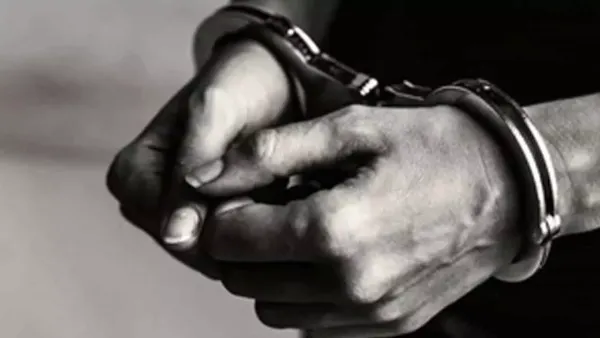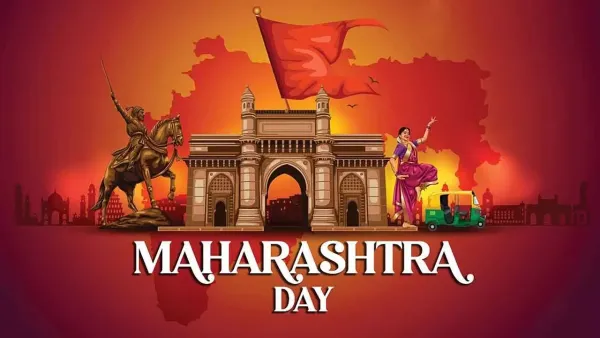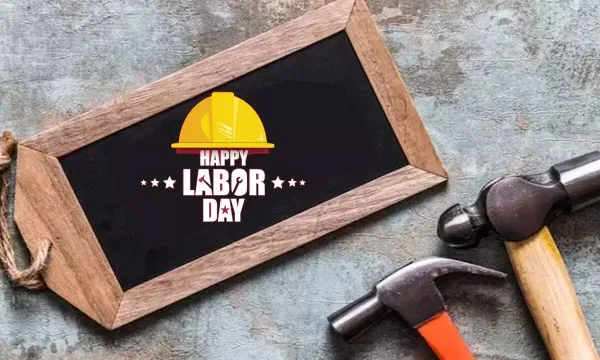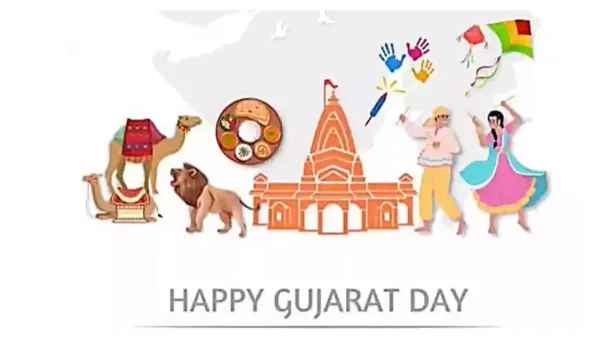India's next census will include caste enumeration, marking a major political shift by the NDA government. The decision was taken at a meeting of the Cabinet Committee on Political Affairs, chaired by Prime Minister Narendra Modi, and comes ahead of the Bihar assembly polls later in the year. The committee includes key NDA coalition allies, including Jitan Ram Manjhi, former chief minister of Bihar, and Andhra Pradesh chief minister N Chandrababu Naidu's Telugu Desam Party.
Reading a statement on the decision, Union minister Ashwani Vaishnaw hit out at the opposition, alleging that Congress governments in the past had opposed a caste census while using it as a political tool. The exercise will be conducted in a transparent manner to ensure the social fabric is not disturbed, he said.
In October last year, ET reported the Centre aimed to begin conducting the much-delayed decadal census in 2025.
People aware of developments said work on the census has been going on for some time and that a draft cabinet note was prepared last year.

OBC Data Too
Earlier this year, the home secretary held a meeting with top officials to finalise the format of the questionnaire for the census. Suggestions were sought from almost all ministries on this, while caste-related suggestions were sought from the social justice ministry.
Until now, the census has captured such data under the scheduled caste and scheduled tribe (SC/ST) categories. The next one will likely capture data of other backward castes (OBCs) as well. The Registrar General of India will carry out the census and seek a variety of information.
This is expected to include the number of persons residing in a household, if the head of the household is a woman and whether members have phones and access to an internet connection.
It will also ask if the household members own mobile phones and what kind, as well as any kind of vehicle. There could also be questions on education qualifications, whether the person lives in a brick and mortar dwelling or not (pucca or kaccha home) or is a recipient of government benefits.
The census is also linked to the key issues of delimitation and the Women's Reservation Act.
On the former, the southern states, led by Tamil Nadu chief minister MK Stalin, argue that redrawing parliamentary representation based on numbers through delimitation would penalise those that have done well on population control. He has called for a 30-year freeze at the current level. The latter sets aside a third of the seats in the Parliament for women.
Political Repercussions
While the census comes under the purview of the Centre, Vaishnaw said some states had conducted caste enumeration in surveys "non-transparently," creating doubts in the mind of the people.
"Considering all these facts and to ensure the social fabric is not disturbed by politics, caste enumeration should be transparently included in the census, instead of surveys," he said, adding that this will strengthen the social and economic structure of the society.
The opposition INDIA bloc had made the caste census a major poll plank in recent elections, with Congress leader Rahul Gandhi pledging that this would provide data to make benefits more equitable.
States that have conducted such counts include Bihar, Telangana and Karnataka, the last of which hasn't made the results public.
The last nationwide census was completed in 2011 and the next was to have commenced in April 2020 but got delayed due to the pandemic. Though home minister Amit Shah said late last year that the census would be conducted "very soon," there is no clarity as yet on when exactly the exercise will be carried out. "A message of strong commitment towards social equality and rights of every section has been given by deciding to include caste census in the upcoming census," Shah wrote on X in Hindi. "This decision will empower all economically and socially backward classes, promote inclusion, and pave new paths for the progress of the deprived."
Vaishnaw said that in 2010, then Prime Minister Manmohan Singh had assured the Lok Sabha that a caste census would be considered by the Cabinet. A group of ministers was formed after most political parties had recommended such a census. "The Congress government decided to conduct only a survey, instead of a caste census. That survey is known as SECC," said Vaishnaw. "It is well understood that the Congress and its INDI alliance partners have used caste census only as a political tool."
The first caste enumeration in independent India was conducted in 2011 and was known as the Socio Economic and Caste Census (SECC) 2011.
Census exercises during British rule between 1881 and 1931 included caste enumeration. After Independence, the government decided in 1951 not to include caste in the census, except for SC/STs.
#Pahalgam Terrorist Attack
A Chinese shadow falls on Pahalgam terror attack case probe
How India can use water to pressure Pakistan
Buzzkill: How India can dissolve the Pakistan problem, not just swat it
In October last year, ET reported the Centre aimed to begin conducting the much-delayed decadal census in 2025.
People aware of developments said work on the census has been going on for some time and that a draft cabinet note was prepared last year.

OBC Data Too
Earlier this year, the home secretary held a meeting with top officials to finalise the format of the questionnaire for the census. Suggestions were sought from almost all ministries on this, while caste-related suggestions were sought from the social justice ministry.Until now, the census has captured such data under the scheduled caste and scheduled tribe (SC/ST) categories. The next one will likely capture data of other backward castes (OBCs) as well. The Registrar General of India will carry out the census and seek a variety of information.
This is expected to include the number of persons residing in a household, if the head of the household is a woman and whether members have phones and access to an internet connection.
It will also ask if the household members own mobile phones and what kind, as well as any kind of vehicle. There could also be questions on education qualifications, whether the person lives in a brick and mortar dwelling or not (pucca or kaccha home) or is a recipient of government benefits.
The census is also linked to the key issues of delimitation and the Women's Reservation Act.
On the former, the southern states, led by Tamil Nadu chief minister MK Stalin, argue that redrawing parliamentary representation based on numbers through delimitation would penalise those that have done well on population control. He has called for a 30-year freeze at the current level. The latter sets aside a third of the seats in the Parliament for women.
Political Repercussions
While the census comes under the purview of the Centre, Vaishnaw said some states had conducted caste enumeration in surveys "non-transparently," creating doubts in the mind of the people.
"Considering all these facts and to ensure the social fabric is not disturbed by politics, caste enumeration should be transparently included in the census, instead of surveys," he said, adding that this will strengthen the social and economic structure of the society.
The opposition INDIA bloc had made the caste census a major poll plank in recent elections, with Congress leader Rahul Gandhi pledging that this would provide data to make benefits more equitable.
States that have conducted such counts include Bihar, Telangana and Karnataka, the last of which hasn't made the results public.
The last nationwide census was completed in 2011 and the next was to have commenced in April 2020 but got delayed due to the pandemic. Though home minister Amit Shah said late last year that the census would be conducted "very soon," there is no clarity as yet on when exactly the exercise will be carried out. "A message of strong commitment towards social equality and rights of every section has been given by deciding to include caste census in the upcoming census," Shah wrote on X in Hindi. "This decision will empower all economically and socially backward classes, promote inclusion, and pave new paths for the progress of the deprived."
Vaishnaw said that in 2010, then Prime Minister Manmohan Singh had assured the Lok Sabha that a caste census would be considered by the Cabinet. A group of ministers was formed after most political parties had recommended such a census. "The Congress government decided to conduct only a survey, instead of a caste census. That survey is known as SECC," said Vaishnaw. "It is well understood that the Congress and its INDI alliance partners have used caste census only as a political tool."
The first caste enumeration in independent India was conducted in 2011 and was known as the Socio Economic and Caste Census (SECC) 2011.
Census exercises during British rule between 1881 and 1931 included caste enumeration. After Independence, the government decided in 1951 not to include caste in the census, except for SC/STs.








